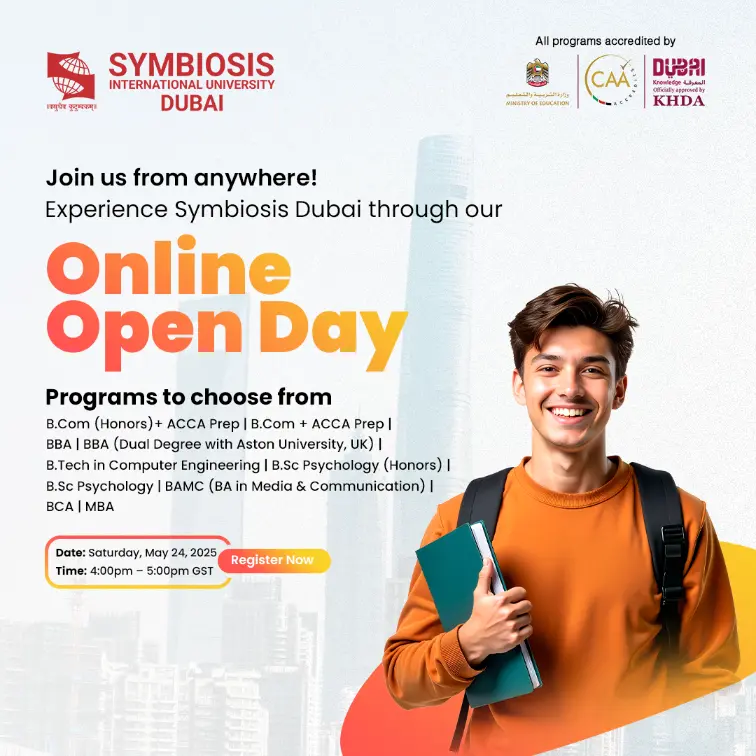Fee Structure:
| Program Name | Application Fee (AED) | Annual Tuition Fee (AED) | Visa Cost Per Year (AED) | Visa Renewal Charge (AED) | Caution Deposit (AED) |
| Bachelor of Arts in Media and Communication (Digital Marketing & Advertising / Public Relations & Corporate Communication) | 250 | 42,000 | 5,000 | 3,500 | 4,000 |
Website last updated : May 29, 2025
